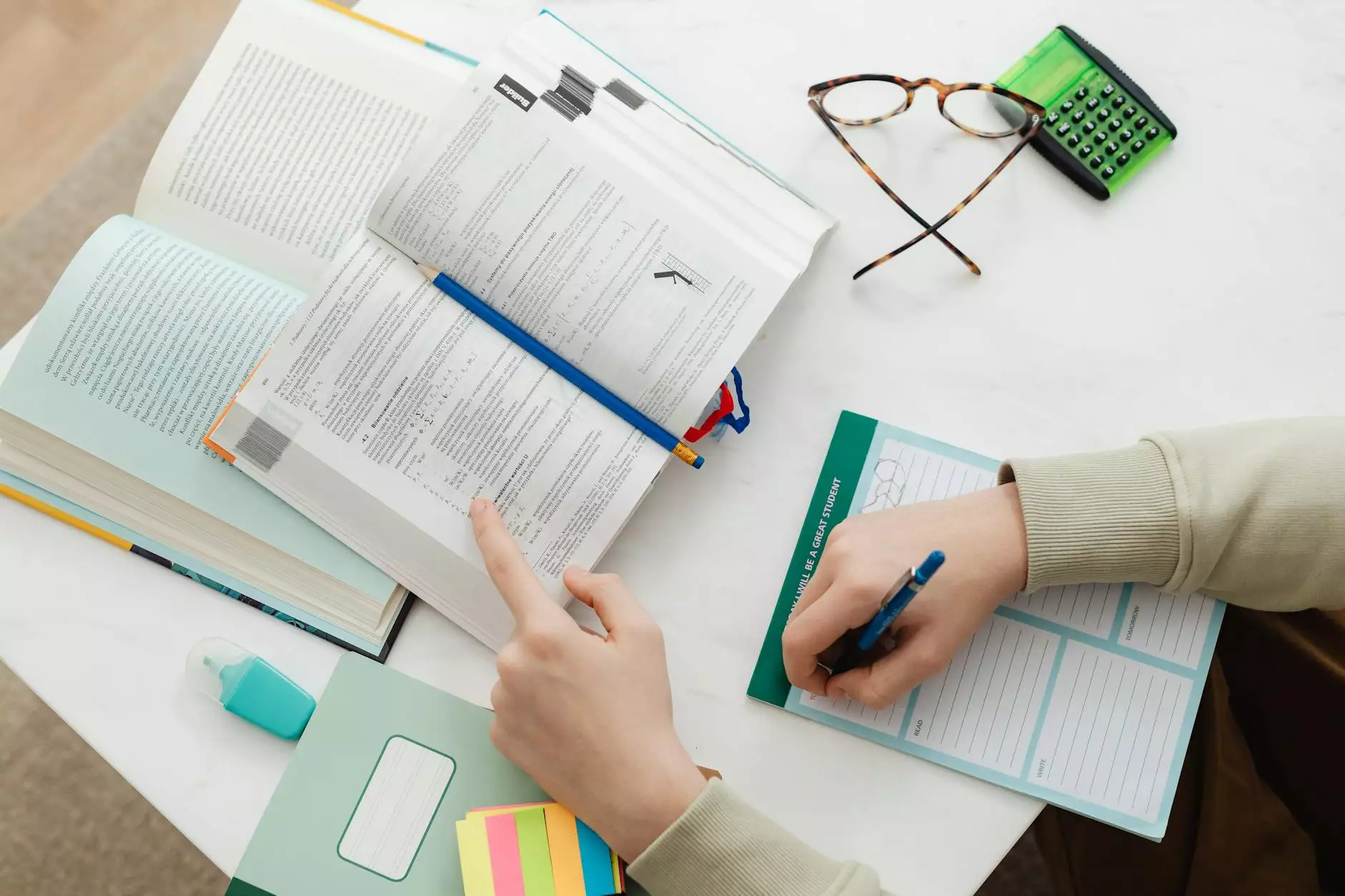How to Prepare for an Exam 10 Steps with Exam Tips - Studybay

Introduction
Welcome to The Knowledge Nest, your ultimate resource for exam preparation. In this comprehensive guide, we will walk you through the 10 essential steps to help you effectively plan and prepare for your upcoming exams. Whether you are a student or a professional seeking to enhance your knowledge, these exam tips will enable you to optimize your study time and achieve the best possible results.
Step 1: Understand the Exam Format
Before diving into your study routine, take some time to thoroughly understand the format of the exam you'll be facing. Familiarize yourself with the types of questions, time limits, and any specific guidelines provided by your educational institution or certification authority. Knowing what to expect will help you tailor your preparation strategy.
Step 2: Create a Study Plan
Developing a well-structured study plan is crucial for efficient exam preparation. Start by identifying the topics or subjects that require the most attention. Divide your study time accordingly and allocate specific time slots to each subject. This will ensure that you cover all the necessary materials and prevent last-minute panic.
Step 3: Gather Study Materials
Now that you have a study plan in place, gather all the relevant study materials, such as textbooks, lectures notes, online resources, and practice exams. Make sure you have everything you need to effectively review and reinforce your knowledge on the exam topics. Organize your study materials in a way that suits your learning style.
Step 4: Break Down the Content
Divide the exam content into smaller, manageable sections or topics. This technique, known as chunking, will make it easier for your brain to process and retain information. Create summaries, mind maps, or flashcards for each topic to assist you during revision. Breaking down the content into smaller chunks helps prevent overwhelm and facilitates better understanding.
Step 5: Implement Active Learning Techniques
Passive reading alone is not enough to truly understand and remember the material. Incorporate active learning techniques into your study routine, such as self-quizzing, discussing concepts with classmates or study groups, or teaching the material to someone else. These techniques engage your brain in a more interactive way, enhancing retention and comprehension.
Step 6: Practice with Mock Exams
One of the most effective ways to gauge your readiness for the actual exam is by practicing with mock exams. Seek out past papers or sample questions related to your exam and simulate the exam environment as closely as possible. Timed practice sessions will help you develop effective time management skills and familiarize yourself with the types of questions you may encounter.
Step 7: Take Regular Breaks
Studying for long hours without breaks can hinder your productivity and lead to burnout. Remember to take regular breaks during your study sessions to give your brain time to process the information. Engage in rejuvenating activities such as short walks, meditation, or stretching exercises to refresh your mind and maintain focus.
Step 8: Stay Healthy
Physical and mental well-being play a crucial role in exam preparation. Prioritize good nutrition, regular exercise, and sufficient sleep. A healthy lifestyle helps improve cognitive function, enhances memory retention, and boosts overall performance. Maintain a balanced routine that includes breaks for rest, exercise, and healthy meals.
Step 9: Seek Support and Clarification
Don't hesitate to reach out for support when needed. Consult your teachers, professors, or mentors for any clarifications or additional resources. Engage in discussion forums or online communities related to your exam to gain insights from others and exchange study tips or strategies. Collaboration and seeking help can enhance your understanding of complex concepts.
Step 10: Engage in Positive Self-Talk and Visualization
Maintaining a positive attitude is essential to combating exam-related stress and anxiety. Engage in positive self-talk and visualization techniques to build confidence and reduce test anxiety. Remind yourself of your abilities and past successes, envision a successful exam experience, and trust in your preparation. Believe in yourself and your ability to excel.
Conclusion
Congratulations! You are now armed with a comprehensive 10-step guide to help you prepare for your exams effectively. Remember, success in exams is not solely determined by the amount of time you spend studying but rather by the quality and efficiency of your preparation. Stay focused, committed, and confident throughout your exam journey, and trust in your abilities to achieve your desired results.










